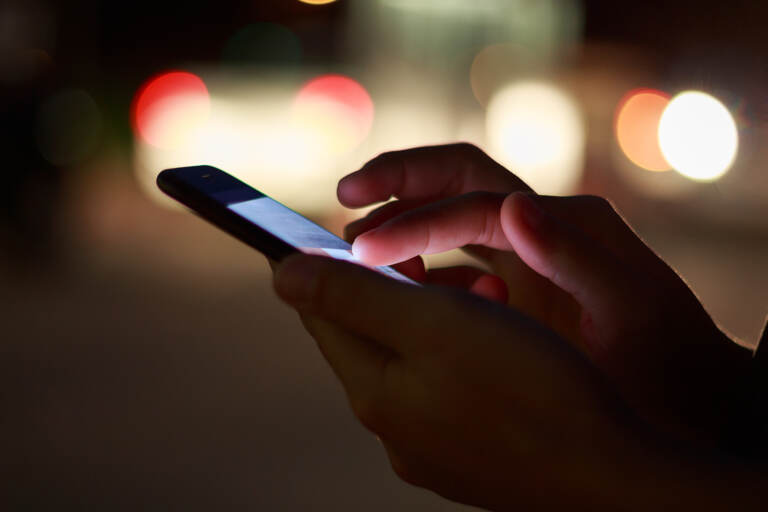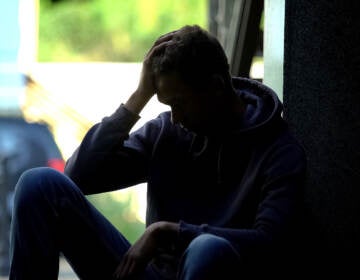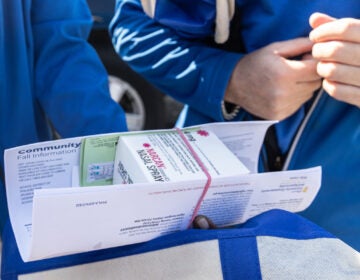Officials gather in Philly to roll out 988, the nation’s new mental health crisis number
Starting Saturday, people having a mental health crisis will be able to call or text 9-8-8 to be connected with a mental health professional.

(blackzheep/BigStock)
Federal officials traveled to Philadelphia Friday to launch a new national mental health crisis hotline. Regional U.S. Health and Human Services director Ala Stanford called the project “a response to a cry for help.”
Beginning on Saturday, people having a mental health crisis will be able to call or text a three-digit number to be connected with a mental health professional: 9-8-8.
The system, modeled after 911, has been in the works for two years since Congress passed the National Suicide Hotline Designation Act in 2020.
The new number will work essentially the same way as the 10-digit National Suicide Prevention Lifeline — which will remain operational — but the group of federal, state, and city officials who gathered in Philadelphia for the rollout said it’s designed to be much more memorable.
“Everyone everywhere can access it. It’s a number they won’t forget,” Federal Communications Commission chair Jessica Rosenworcel said at the rollout announcement. And, she added, people can either call it or text it. “We will be able to radically increase the number of people who are able to reach out in crisis.”
The hotline reaches call centers around the country, including 13 in Pennsylvania. One of those is in Philadelphia, and Jill Bowen, who serves as commissioner for Philadelphia’s Department of Behavioral Health and Intellectual Disability Services, noted that the system has become more regionalized in recent years. She thinks that’s a good thing.
While most calls, she said, are resolved over the phone via conversations and “triage,” the Philly area also has multiple mobile crisis response units they can send for in-person interventions.
“When you’re in distress, what you need is a community response,” she said.
The rollout meeting was also attended by several people who have been working in those mobile crisis response units for years. John White, who directs a West Philadelphia mobile crisis center called The Consortium that has served the Philly area since 1967, said that kind of local expertise is crucial in “preventing that next crisis.”
John Newsome, with the Elwyn 24-Hour Behavioral Health Mobile Crisis Outreach Service, which is based in Media, added that “we want to be able to provide the supports and the help to not just help the person, but recognize that that person is part of interrelated spheres of relationships.”
“Connecting that person to the people who are closest to them is really our biggest job,” he said.
Philadelphia has significantly increased funding for these crisis response teams in recent years, following the police shooting of 27-year-old Walter Wallace Jr., who was in the midst of a mental health crisis when police responded to a report that he had a knife.
Significant funding is also coming from the federal government, after years of regional call centers operating with very little federal money.
Before, the centers were getting $24 million in federal funds. Now that number is up to $400 million — a number that HHS Secretary Xavier Becerra said will make it possible to respond to even more calls.
“988 is life and death,” he said. “And so we want this to go well. Failure is not an option.”
There are still questions, however, about the program’s long-term financial health statewide. The 2020 act that created 988 also required states to pass laws implementing the program and figuring out how to fund it year-over-year. Pennsylvania is one of 29 states that still haven’t passed such a law.
WHYY is your source for fact-based, in-depth journalism and information. As a nonprofit organization, we rely on financial support from readers like you. Please give today.






